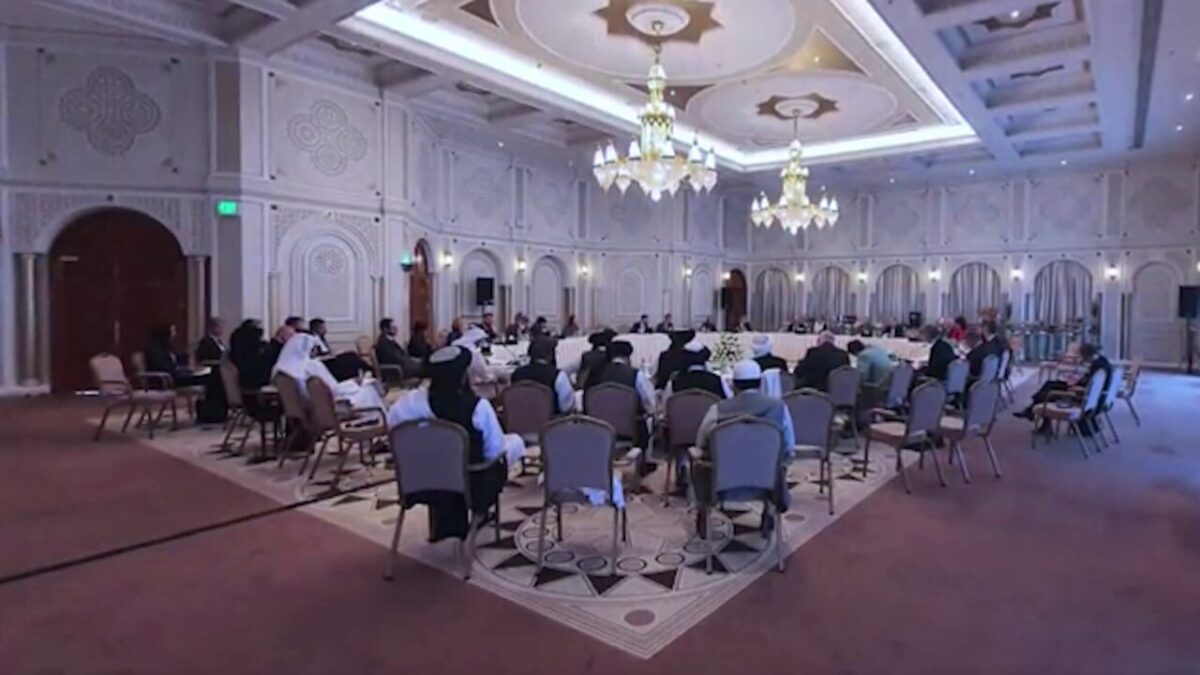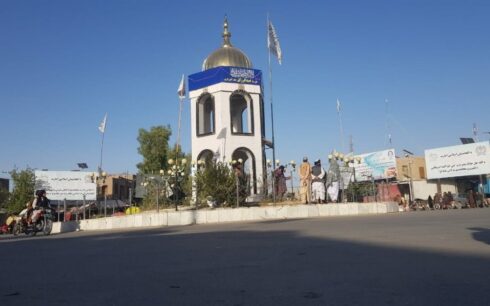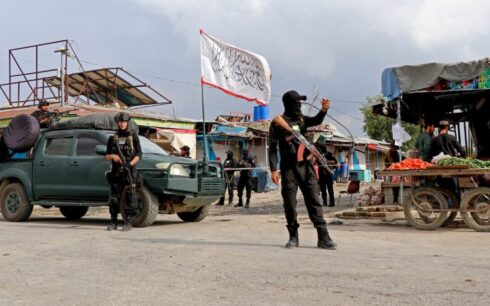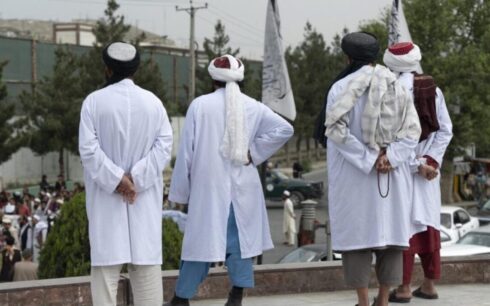As the United Nations prepares to host working group meetings on private sector development and narcotics control in Kabul, the Taliban have increased their consultations with international donors and aid organizations.
The meetings are set to build on the Third Doha Meeting, which took place in late June and address issues around Afghanistan’s economic and narcotics challenges.
The Taliban-run Ministry of Industry and Commerce recently posted on X about a meeting with representatives from the World Bank, the United Nations, and the U.N. Development Program.
The meeting, according to the ministry, focused on supporting Afghanistan’s private sector and implementing initiatives discussed during the Third Doha Meeting.
Economic experts suggest that resolving banking challenges, facilitating money transfers, and providing access to credit should be top priorities for the private sector working groups. Although the Third Doha Meeting in Qatar initiated discussions on creating working groups for these sectors, the groups have not yet been formally established.
A senior Western diplomat confirmed to Amu TV that the Taliban have reached an agreement with the U.N. to hold these working group sessions in Kabul. As the meetings approach, the Taliban have reportedly increased their outreach to U.N. officials and other international stakeholders in an effort to garner support.
Representatives from Afghanistan’s private sector and economic analysts are urging the Taliban to prioritize easing banking restrictions and facilitating financial transactions. They stress the importance of investing in production, infrastructure, and industry. “Focusing on sectors like manufacturing, industry, and exports could significantly improve Afghanistan’s economy, reduce poverty, and increase employment,” said Seer Quraishi, an economic expert.
One of the Taliban’s key demands in their engagements with the international community has been the release of Afghanistan’s frozen foreign reserves. However, some experts fear that releasing these funds could lead to misuse of the country’s financial resources.
Citizens, meanwhile, are calling on the international community to prioritize poverty alleviation and ensure that U.N. humanitarian aid is not misappropriated. “The focus should be on the economy and the hardships of the people,” one resident said. “Many young people are highly educated, yet they roam the streets without jobs.”
According to the Western diplomat, some countries are expected to send representatives to Kabul for the meetings, while others will participate remotely. The talks are intended to facilitate international cooperation on Afghanistan’s economic and security challenges.





